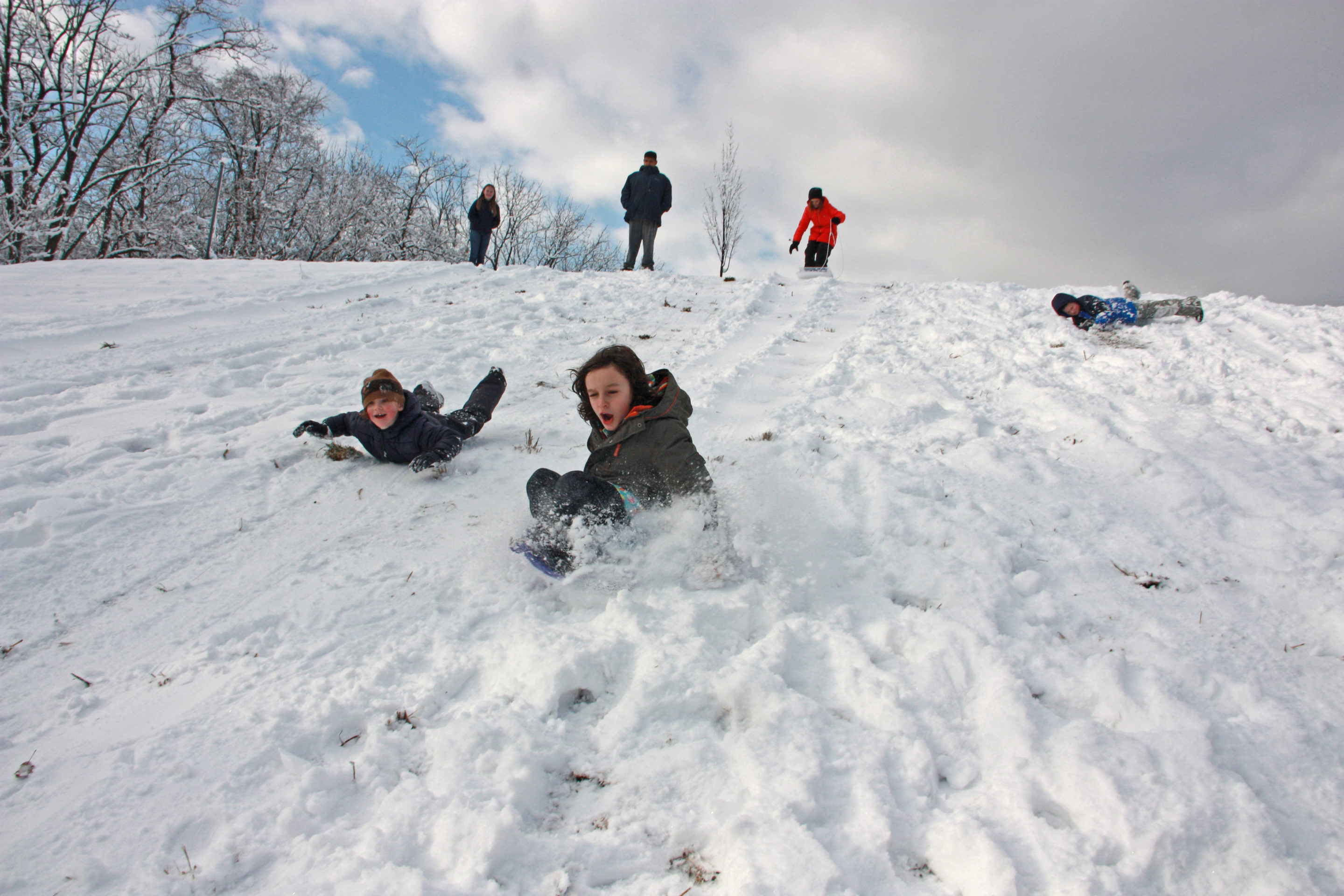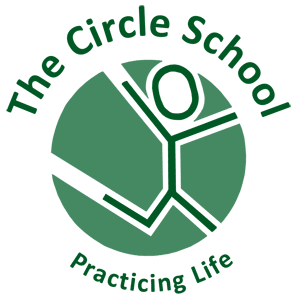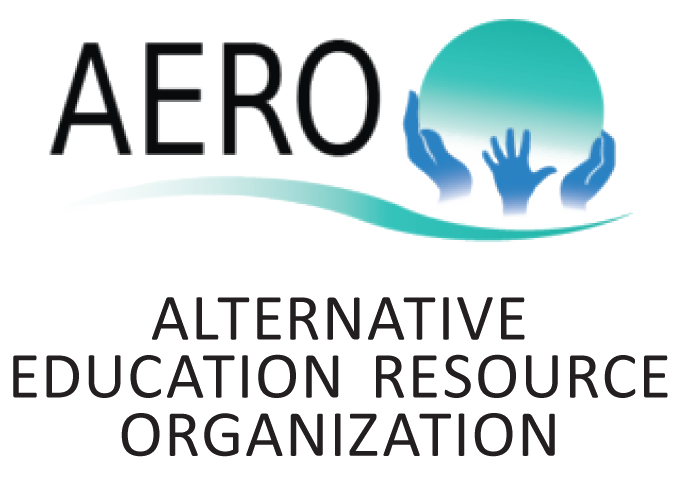
Discovering new ways to do school
I love finding silver linings. When I followed the link in a recent Circle School newsletter and began reading The Atlantic magazine article, “School Wasn’t So Great Before COVID, Either,” I realized I had discovered a treasure trove of them. In the article, Erika Christakis, author and early childhood educator, suggests that the COVID-19 pandemic, while laying bare many deficiencies in the traditional model of education, has also presented us with an opportunity to rethink how we educate our children.
We have known for the last 40 years that children learn best when their developmental needs are met. Those developmental needs include opportunities to be outside, to be able to engage in physical exercise, to play, to form authentic relationships with others, to spend time developing conversational skills, to recognize when they are hungry or thirsty, and to get adequate sleep.
We also now recognize that superficial learning resulting from “teaching to the test” doesn’t prepare children for a rich and fulfilling adult life. Christakis states, “Schools should also be in the business of fostering curiosity and a love of learning in all children[.]” She dreams of a learning environment in which, “The focus would be on achievement that is not narrowly academic — physical challenges; acts of service; and the development of self-regulation, independence, and friendship … the emphasis would be on creating a new set of challenges for students to master, not on an ersatz version of school as we know it.”
When I think about this current difficult situation being an opportunity to put to use accepted understandings of human growth and development, so we can make fundamental changes in the traditional education model, I can’t help but think of how we do things at The Circle School already… already! Consider the following:
Time outside… where students have lots of opportunities for building forts, identifying the first spring-blooming wildflowers, rolling down hills, looking for bugs, climbing trees, running for the joy of it, finding a snake, hanging hammocks in the trees, engaging in impromptu science lessons, identifying skeletons, finding and identifying animal scat, hiding inside hollow trees, splashing in the creek, skipping and looking under rocks in the creek, and playing games with others like gaga ball, basketball, pickle, tag, capture the flag, four square, and soccer.
Real life practice… in which students are met with daily challenges: to stretch themselves in ways they choose to stretch, to develop authentic relationships with people of all ages, to learn new skills so they can be successful in doing a task they said they would do, and to have fun… maybe not all the time, but most of the time. Several times a week Judicial Committee meetings are held at school. A rotating group of four students and one staff member meet as needed to investigate alleged rule-breaking at school. Together they grapple with never-ending issues that arise, like determining consequences that are appropriate for the age of the person who broke the rule and the rule broken; discussing whether or not someone’s actions towards others constitutes bullying or breaks the rule prohibiting prejudicial speech; trying to determine what’s an appropriate use of school materials — is it appropriate to put a rice crispy treat in the toaster?
Self-regulation and independence building… in which students are given space and time to pursue their own interests, or to ask for help from a variety of people if needed, to go at their own pace, and to figure out how to balance their time between a myriad of interests and commitments.
Curiosity and love of learning boosts… in which students learn not only from the content of any classes they participate in, whether it’s beginning reading or math, or more advanced such as algebra; sciences, like marine biology, bioengineering, or physics; grammar, foreign languages, geography, SAT prep, spelling, or drumming. And then to go beyond the content, to have opportunities to learn how to learn: to notice how lack of sleep or hunger affects one’s participation and enjoyment of classes, to experience the challenges of meeting schedules and to show up on time, to pay attention to one’s own learning style, or to notice when something new has been learned and a skill feels mastered. All of these additional learnings can be equally satisfying and reap lifetime benefits.
Honoring the importance of freedom… where students have the gift of choice. Making choices can lead to making mistakes. Making mistakes can lead to problem-solving, to perseverance, to building resilience. Making choices is good practice for life beyond school. While the importance of freedom in school is not directly mentioned in Christakis’s article, having freedom is highly valued by Circle School students. A year and a half ago, when students responded to the question, “What is one thing you really like about The Circle School?”, out of 84 responses, 33 mentioned the freedom to choose what, where, and how they spend their time. Fourteen mentioned friends. The rest of the responses were scattered among appreciating empowerment, community, responsibility, eating, staff, and Judicial Committee.
Navigating our way through the COVID-19 pandemic has been one of the greatest challenges of my life. With vaccines on the horizon, we may be close to moving out of this difficult time. It gives me comfort and inspiration to think that The Circle School might cast some light on the path ahead as society considers recrafting the way we educate all our children. A silver lining indeed.
– Beth Stone

